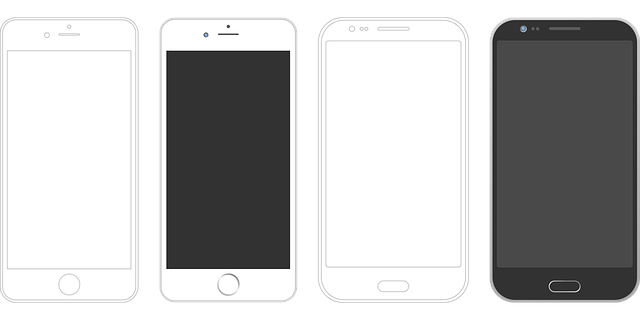In today's competitive business environment, especially in New York, adhering to strict autodialer regulations is vital to avoid substantial fines and protect consumer rights. Interactive training methods using case studies and role-play scenarios, coupled with technology like digital platforms and simulations, help employees understand and apply legal requirements set by autodialer attorneys. Leveraging attorney-recommended software for contact management, personalized messaging, and call tracking ensures compliance with local area codes and do-not-call lists, fostering customer trust and preventing legal issues. Embracing these technological advancements is crucial for New York businesses navigating complex autodialer regulations.
In the dynamic business landscape, navigating dialing regulations is non-negotiable, especially for auto-dialer users. This article guides attorneys in New York on best practices for training staff on compliance. We delve into the significance of understanding these regulations and their impact on operations. Effective training methods and utilizing technology, particularly auto-dialers, are explored to ensure legal adherence while enhancing efficiency. By following these practices, businesses can mitigate risks, maintain compliance, and leverage auto-dialer attorneys in New York for optimal communication strategies.
Understanding Dialing Regulations and Their Impact on Businesses
In today’s regulated business environment, understanding dialing regulations is crucial for any organization, especially those utilizing autodialers for marketing or sales purposes. These laws, designed to prevent nuisance calls and protect consumers, have a significant impact on operations, particularly for businesses in highly competitive industries. For instance, in regions like New York, where strict consumer protection laws are enforced by autodialer attorneys, non-compliance can lead to hefty fines and damage to a company’s reputation.
Dialing regulations govern how businesses can contact consumers via automated dialing systems, ensuring fair practices and transparency. They dictate issues such as consent requirements, call frequency, and the type of information shared during outbound calls. Staying abreast of these regulations is essential to avoid legal repercussions and maintain customer trust, especially when employing technology like autodialers that can quickly escalate into compliance issues if not properly managed.
Effective Training Methods for Compliance with Legal Requirements
In the realm of compliance training, especially for complex regulations like those surrounding autodialers in New York, interactive and tailored methods prove most effective. Beyond traditional lectures, utilizing case studies and role-play scenarios allows staff to actively engage with legal requirements. By presenting real-world examples, attorneys can demonstrate how these rules apply, helping employees internalize compliance best practices. This hands-on approach fosters a deeper understanding, ensuring that staff not only remember the regulations but also know how to navigate them during day-to-day operations.
Additionally, leveraging technology offers innovative training solutions. Digital platforms and simulations can replicate various dialing scenarios, enabling attorneys to guide employees through potential challenges. Such tools are particularly beneficial for addressing specific concerns related to autodialer usage in New York, where adherence to anti-spam laws and consumer privacy regulations is paramount. Regularly updating these digital resources ensures that staff remain equipped with the latest knowledge, empowering them to stay compliant even as legal landscapes evolve.
Utilizing Technology: Best Practices for Auto-Dialer Use in New York
In today’s digital era, utilizing technology effectively is paramount for ensuring compliance with dialing regulations, especially in a state like New York where strict laws govern telemarketing practices. Auto-dialers, when used appropriately, can streamline communication and enhance efficiency for businesses while adhering to legal requirements. Best practices for auto-dialer use involve implementing robust systems that provide accurate caller ID information, obtain prior express consent from recipients, and offer clear opt-out options.
New York attorneys should recommend their clients integrate sophisticated autodialer software capable of managing extensive contact lists, personalizing messages, and tracking call outcomes. These tools enable businesses to navigate the intricate web of dialing regulations by automatically detecting and adapting to local area codes, ensuring compliance with do-not-call lists, and providing detailed records for audit trails. By embracing these technological advancements, companies can foster a culture of compliance, maintain customer trust, and avoid costly legal repercussions associated with autodialer misuse.






